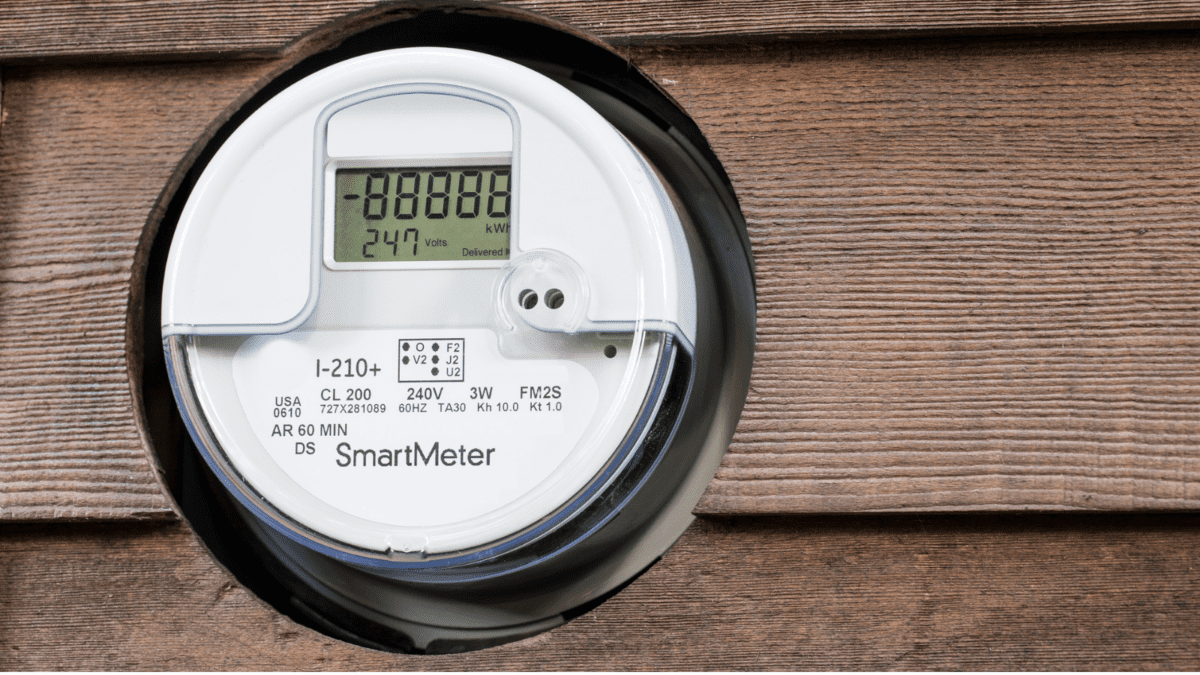Reporting season Wrap Up
And that’s a wrap.
As reporting season 2021 draws to an end, the consensus appears to be that this reporting season would have to be one of the best for corporate earnings in decades; but that the next half-year will be fraught with volatility, due to the Delta variant.
In total there were 293 companies that reported. It’s been an amazing time for those who own shares in Australian companies because the S&P/ASX 200 went up by more than 20 per cent over the year to June 30, and it continues to hit new highs.
According to FN Arena, the earnings from 102 companies (34.8 per cent) beat expectations and another 128 (43.7 per cent) were in line with expectations. Almost 80 per cent of ASX-listed companies were able to post a result that at the very least, met expectations. On the downside, 63 (21.5 per cent) missed consensus expectations.
Overall, the S&P/ASX 200 Index closed the month +111.9 points, or +1.51 per cent, shrugging off any negative earnings concerns, and looking out to a post-Covid world. According to Morgans research, “result reactions have been evenly split between positive (48 per cent) and negative (52 per cent) reactions, but it is the magnitude of reactions that has been most surprising, underscoring the need for investors to be selective in market exposure.”
A recurring theme this reporting season was the omission of forward guidance. “Only a small fraction of companies (16% per cent) have provided quantitative guidance so far which highlights the immense short-term challenges management teams are facing.”
Of the companies that provided guidance, their outlook statements have changed from reasonably upbeat to a high degree of caution. Those that have given guidance have seen their share prices decline on average by 2 per cent since their result. That means that the certainty of earnings guidance is largely overlooked by the market, because both Sydney and Melbourne are hostage to restrictions and lockdowns.
Delta bites
The Delta variant of COVID-19 has changed everything. It has forced Australia back into lockdown and will push the country on the brink of another technical recession, through lower household consumption and lower earnings. But the good news is that Australians have adapted, both retail and corporate, such that the negative economic consequences will be less severe than last year. The other thing to keep in mind is that the government is determined to have the country at 70 per cent vaccinated by October and 80 per cent by December, and the market is starting to reflect it with rising share prices in “post-COVID” (that is, the “reopening”) stocks.
Morgans said this reporting season was all about stock-picking rather than the big macro thematic drivers. There were a number of these stock-picking themes that helped companies beat earnings expectations, such as structural growth, digitisation, cyclicals, iron ore, COVID beneficiaries. But Morgans says, “what is clear is that the market is prepared to reward companies on performance rather than group winners according to themes.”









